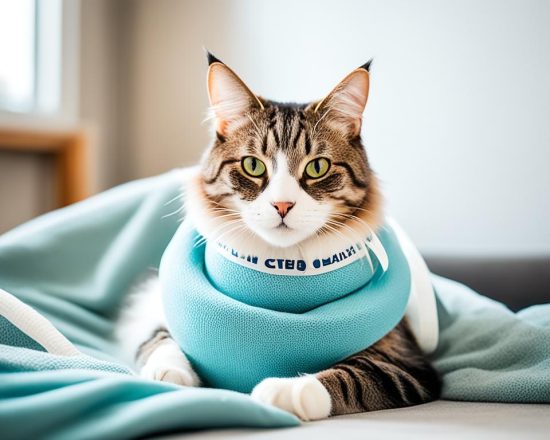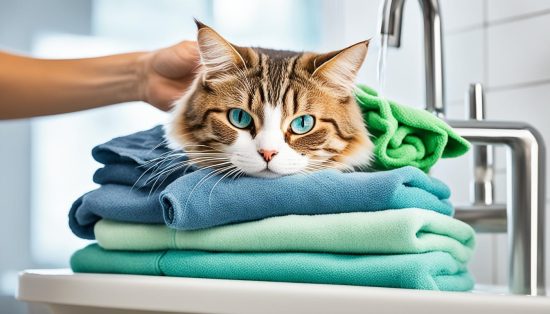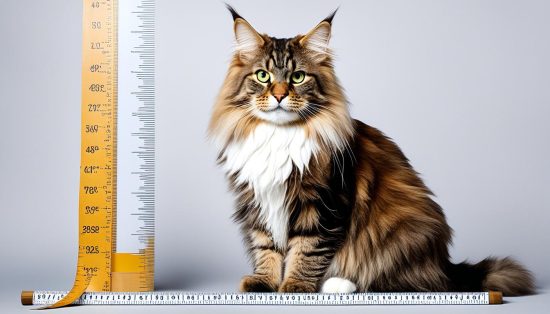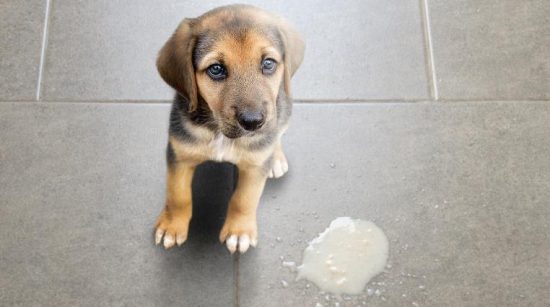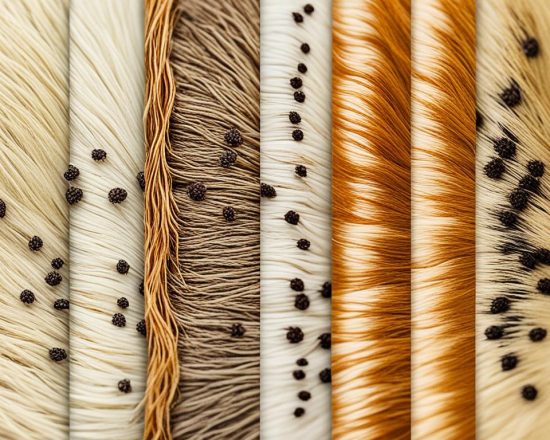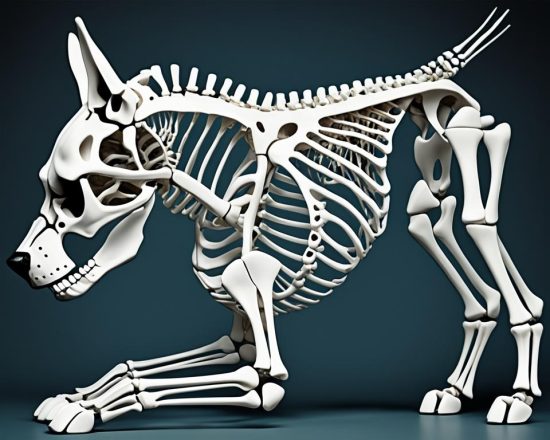Why Does My Cat Lick Me? Reasons for Cat Licking Behavior
Learn why your cat licks you – uncover the fascinating reasons behind this common feline behavior in our informative guide on why does my cat lick me.
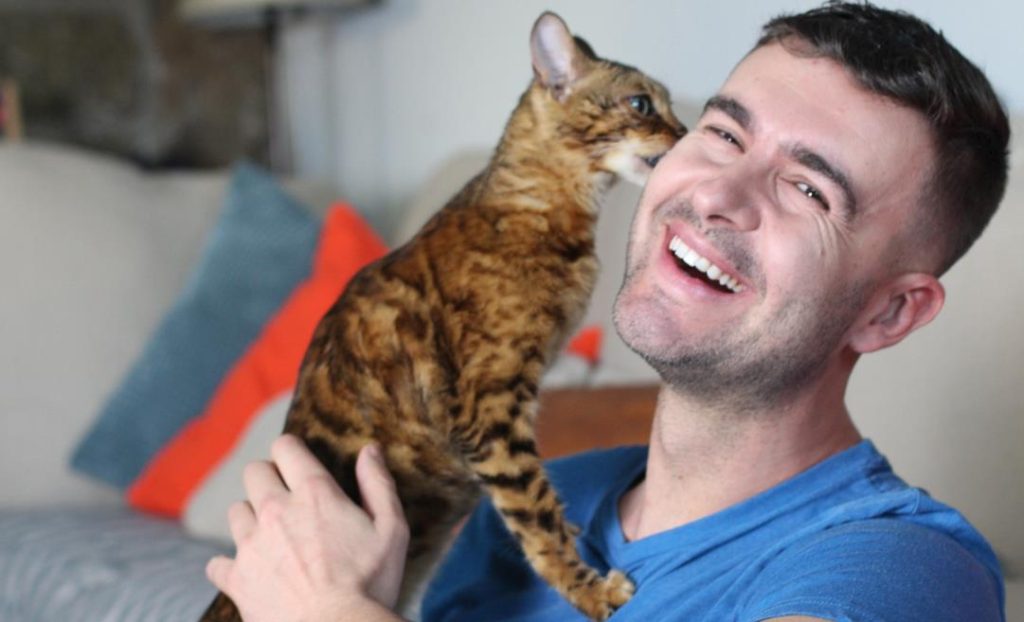
Did you know that cats spend up to 50% of their waking time grooming themselves? Yet, many cat owners are puzzled by their feline companions’ tendency to lick them as well. Researchers, veterinarians, and cat behavior experts have uncovered several common reasons why cats exhibit this intriguing behavior. From expressing affection to marking territory, understanding the motivations behind cat licking can help owners better respond to and manage this common feline habit.
Cats may lick their owners to show affection, create social bonds, mark territory, seek attention, investigate interesting tastes and scents, or cope with stress and anxiety. Exploring the various reasons why does my cat lick me can provide valuable insights into your feline companion’s needs and behaviors.
Understanding Cat Licking Behavior
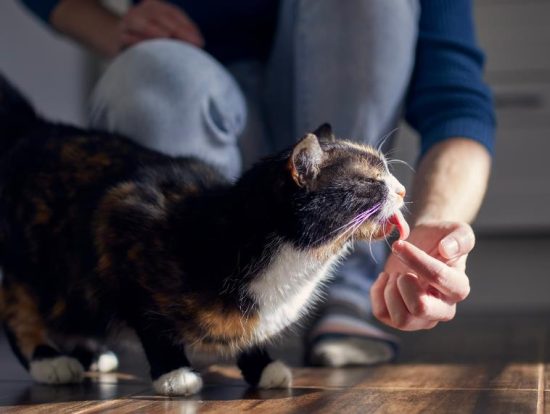
Cats are renowned for their meticulous grooming habits, spending a significant portion of their day keeping their fur clean and in order. A cat’s tongue is covered in small, backwards-facing spines called papillae, which allow them to effectively remove dirt, debris, and loose fur from their coat. This grooming behavior is essential for a cat’s hygiene and overall well-being.
The act of licking is a vital part of a cat’s grooming routine. Cats spend up to 50% of their waking time grooming themselves, using their rough tongues to clean and maintain their fur. This behavior keeps a cat’s coat in pristine condition and helps them regulate their body temperature and remove any unwanted parasites or debris.
Licking is also an important means of communication and bonding among cats. Cats have a strong sense of territory and social hierarchy, and licking helps them establish their position within a feline community. By licking one another, cats can reinforce their social bonds, signal their acceptance, and even assert their dominance over other group members.
Understanding the reason behind a cat’s grooming and licking habits can provide valuable insights into their overall well-being and social dynamics. This knowledge can help pet owners better respond to and manage their cat’s licking tendencies.
Showing Affection and Bonding
One of the primary reasons cats lick their owners is to express affection and create social bonds. This behavior is rooted in a cat’s early life experiences, as mother cats will lick their kittens to groom them and reinforce the bond between parent and offspring. As cats mature, they often carry this licking behavior into their adult lives to show love and strengthen their relationships with their human caretakers. Licking can be a cat’s way of saying “I love you” and incorporating their owners into their social group.
Licking as a Sign of Love
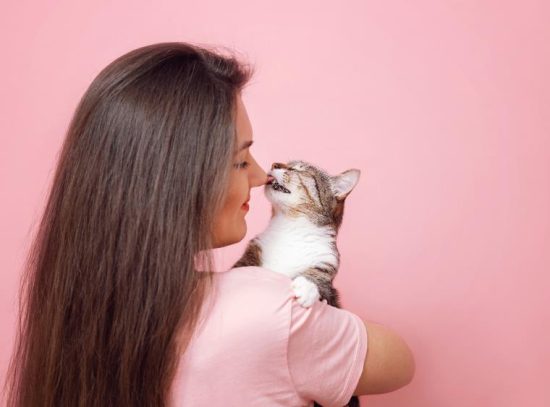
When your cat licks you, it may be a way of expressing its affection and love for you. This behavior is similar to how mother cats groom and lick their kittens, and it helps establish a strong bond between the cat and its human companion. The cat may be saying “I love you” through its licking, and it sees you as part of its social group.
Creating Social Bonds through Grooming
Licking is an important means of communication and bonding among cats, as it helps establish social hierarchies and group membership within a feline community. When your cat licks you, they may be trying to incorporate you into their social group and strengthen the bond between you. This cat behavior is a way for them to groom and care for you, just as they would with other cats in their social circle.
Territorial Marking and Claiming Ownership
Cats are highly territorial animals, and licking can be a way for them to mark their territory and claim ownership over their human companions. By licking, cats deposit their unique scent on their owners, signaling to other cats or animals that this person belongs to them. This behavior is similar to other territorial markers like scratching and rubbing, all of which help cats establish and maintain their domain.
When a cat licks its owner, it essentially claims that person as part of its territory. This is a way for the cat to assert its dominance and reinforce its position within the household. The act of licking allows the cat to leave its scent on its owner, creating a sense of ownership and belonging.
Cats may also grab their owners and then lick them as an extension of this territorial behavior. By physically holding onto their human, the cat demonstrates their claim over that individual, further solidifying their position as the dominant member of the household.
Natural Instinct for Allogrooming
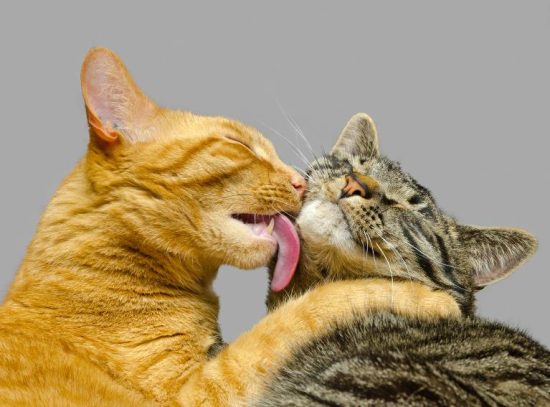
Allogrooming, the act of one cat grooming another, is a common behavior among felines living in social groups. This natural instinct plays a crucial role in maintaining the cohesion and harmony of a cat’s social circle. Cats may lick their owners as a way of fulfilling this innate allogrooming drive, treating their human caretakers as part of their social group and attempting to groom and bond with them.
Role of the Allo-Groomer
Often, one cat in the group will take on the role of the “allo-groomer,” responsible for keeping the other cats clean and reinforcing their membership in the social unit. This behavior helps to strengthen the bonds between group members and ensures that the entire group maintains a shared scent profile, which is essential for communication and social recognition among cats.
Establishing Group Membership
When your cat licks you, they may be trying to incorporate you into their social group and establish you as part of their family. By grooming you, your cat is treating you as one of their own and attempting to create a shared sense of identity and belonging. This behavior is a reflection of the strong social instincts that drive much of a cat’s behavior.
why does my cat lick me?
Cats have a much more muted sense of taste compared to humans, but they may still find certain tastes and scents on their owners’ skin appealing. If you’ve spilled something on your skin or have a salty residue from sweat, your cat may be drawn to licking you to investigate these interesting flavors. While this behavior is generally harmless, it’s important to avoid letting your cat lick any topical products or medications, as some may be toxic if ingested.
Investigating Interesting Tastes and Scents
Cats possess a keen sense of smell and can be intrigued by the unique scents and flavors present on their owners’ skin. Whether it’s the remnants of a snack or the salty taste of sweat, your feline friend may be compelled to lick you in order to investigate these alluring sensations. This natural curiosity is a common reason why cats lick their human companions.
Attraction to Sweat and Salty Residues
One of the primary reasons why cats lick their owners is the attraction to the salty residues left behind by sweat. Cats have a heightened sensitivity to sodium and may find the taste of sweat to be quite appealing. This behavior is often observed when owners have been active or have recently bathed, leaving behind a tempting salty coating on their skin. While this licking may seem harmless, it’s essential to be mindful of any potential risks, such as the transfer of bacteria or the accidental ingestion of any topical products or medications.
Seeking Attention and Communication
Cats may also use licking as a way to capture their owner’s attention and communicate their needs. Just like other attention-seeking behaviors, such as meowing or pawing, a cat’s licking may be their way of signaling that they want to be petted, fed, or engaged in play. Understanding this motivation can help owners respond appropriately to their cat’s licking and provide the desired attention or interaction.
Licking as an Attention-Seeking Behavior
When a cat licks their owner, it may be their way of saying, “Hey, pay attention to me!” Cats are adept at using various methods to get their human companions to focus on them, and licking can be one of these tactics. By licking their owner, a cat may be seeking affection, playtime, or even food. Recognizing this behavior as a plea for attention can help owners better understand their cat’s needs and respond accordingly, strengthening the bond between the two.
Some cats may lick their owners more frequently when they feel their needs are not being met, such as when they are hungry, bored, or feeling neglected. By understanding that the licking is a form of communication, owners can make adjustments to their cat’s routine, providing more playtime, affection, or resources to address the underlying cause of the attention-seeking behavior.
Coping with Stress and Anxiety
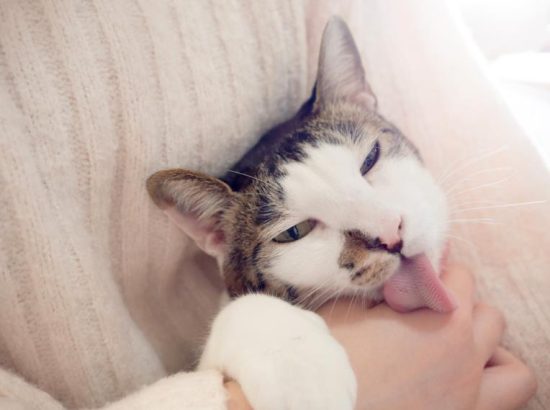
In some cases, excessive licking may be a sign that a cat is experiencing stress or anxiety. Cats, like humans, can sometimes engage in displacement behaviors as a way to manage changes or challenges in their environment. One such displacement behavior is excessive grooming or licking, which can serve as a coping mechanism for a feline in stressful situations.
When a cat’s normal routine is disrupted or they are faced with new stimuli, they may resort to excessive licking as a way to self-soothe and regain a sense of control. This could happen during major life events, such as moving to a new home, introducing a new family member (human or animal), or even sudden changes in their owner’s schedule or daily activities. The excessive licking can be a cat’s way of coping with the stress or anxiety caused by these environmental changes.
Environmental Changes and Triggers
It’s important for cat owners to be aware of potential triggers that may lead to increased licking behaviors. Factors like a change in living situation, the arrival of a new pet, or even alterations to their owner’s daily routine can all contribute to a cat feeling stressed or anxious. If a cat’s licking seems excessive or is accompanied by other behavioral changes, such as increased vocalization, hiding, or decreased appetite, it’s essential to consult a veterinarian to rule out any underlying medical or emotional issues. Addressing the root cause of the stress can help alleviate the need for the cat to engage in excessive licking as a coping mechanism.
Potential Risks and Safety Concerns
While cat licking is generally safe, there are a few potential risks that owners should be aware of. Cats’ mouths can harbor various bacteria, and if these are introduced into the body through an open wound or cut, they can potentially lead to infections. Additionally, cats may be attracted to licking topical products, ointments, or medications applied to the skin, some of which may be toxic if ingested.
Bacterial Transmission and Infections
One of the primary concerns with allowing your cat to lick you is the potential for bacterial transmission. Cats’ mouths are home to a variety of bacteria, some of which can cause infections in humans if introduced through open wounds or cuts. This is especially important to consider if you have any areas on your skin that are compromised or vulnerable.
Toxic Substances and Product Residues
Cats may also be drawn to licking topical products, ointments, or medications that have been applied to the skin. Some of these substances can be toxic if ingested, which is a risk if your cat decides to lick these areas. It’s crucial to exercise caution and avoid letting your cat lick any areas where you have applied potentially harmful substances.
To mitigate these risks, owners should be mindful of allowing their cats to lick areas with open wounds or after applying any potentially toxic products. It’s also a good idea to wash your hands thoroughly after your cat licks you, especially if you have any cuts or abrasions on your skin.
FAQs on why does my cat lick me
Why does my cat lick me so much?
Cats lick their owners for a variety of reasons, including expressing affection, creating social bonds, marking territory, seeking attention, investigating interesting tastes and scents, or coping with stress and anxiety.
Should I let my cat lick me?
While cat licking is generally safe, it’s important to be cautious of potential risks, such as bacterial transmission or exposure to toxic substances. Owners should avoid letting their cats lick areas with open wounds or after applying any potentially harmful products.
Do cat licks mean kisses?
Yes, cat licking can be a way for felines to express affection and create social bonds with their owners, similar to how a cat would lick its kittens or other cats in their social group.
What is my cat saying when she licks me?
When a cat licks its owner, it can say “I love you” and incorporate the owner into the cat’s social group. Licking can also be a form of allogrooming, where the cat attempts to groom and bond with its human companion.
Why does my cat grab me and then lick me?
Cats are highly territorial animals, and licking can be a way for them to mark their ownership over their human companions. The grabbing behavior is likely a way for the cat to hold the owner in place while it deposits its scent through licking.
Should I wash my hands after my cat licks me?
It’s generally a good idea to wash your hands after your cat licks you, as cats’ mouths can harbor bacteria that could potentially lead to infection if introduced into the body through an open wound or cut.

